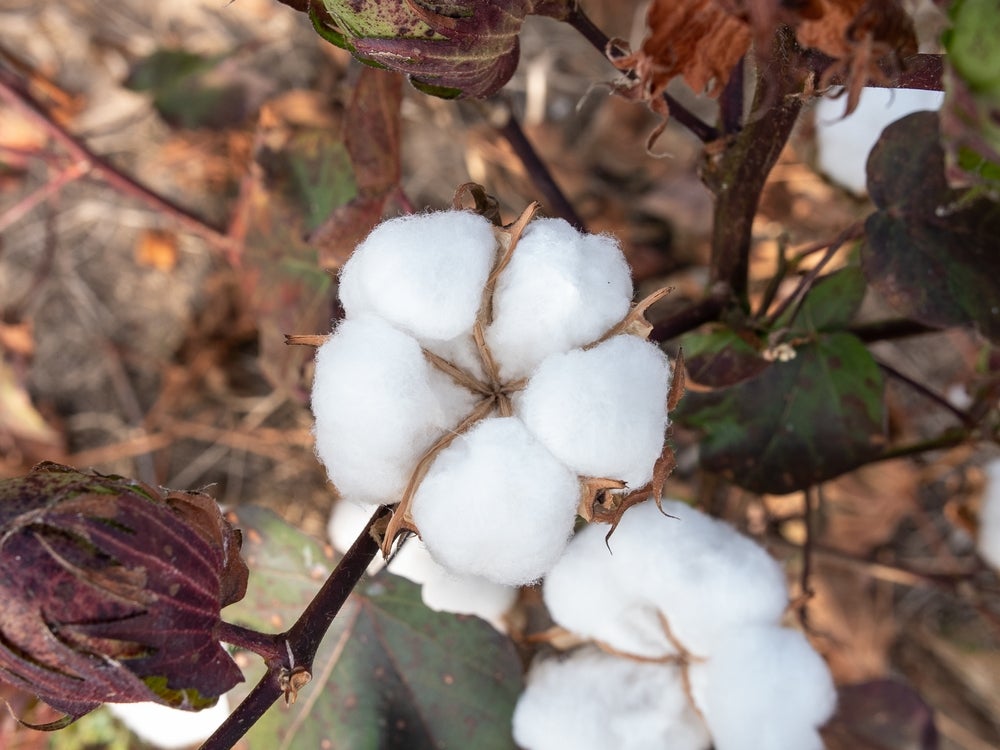As the “first” regenerative cotton standard centred on the needs of small farmers, the RCS provides practical approaches to boost climate resilience and environmental sustainability.
The RCS claims to offer advantages for both farmers and textile companies. In addition to supporting farmers with climate-smart agricultural methods, it provides companies with a traceable source of regenerative cotton from another major cotton-growing region. For full supply chain transparency, AbTF has integrated its Hard Identity Preserved traceability system into its RCS-verified fibres.
“We are happy to now be working in India as well and to use both our expertise in sustainable cotton cultivation and our global network for the benefit of Indian small-scale farmers,” said the managing director of AbTF, Tina Stridde, commenting on AbTF’s geographic expansion. “The first RCS pilot project is the result of productive collaboration between many partners who have set themselves ambitious and forward-looking goals in the field of sustainable cotton cultivation.”
AbTF's partner for implementing the RCS in India is Vijay Cotton & Fibre Co. LLP, a cotton firm based in Mumbai with over 75 years of experience in the Indian cotton sector.
“The Regenerative Cotton Standard supports cotton farmers in India by applying climate-friendly agricultural practices,” stated the company’s partner, Vijay Shah. “The standard also has great potential to increase transparency within our supply chain so that we can trace the origin of our cotton and ensure that it is produced in accordance with environmentally and ethically verifiable standards.”
In addition to the India project, the RCS is being piloted in Tanzania with Alliance Ginneries Ltd. and Biosustain, longstanding AbTF partners in that country.









